Android vs iOS: which is the best mobile OS?
The major platforms, head-to-head

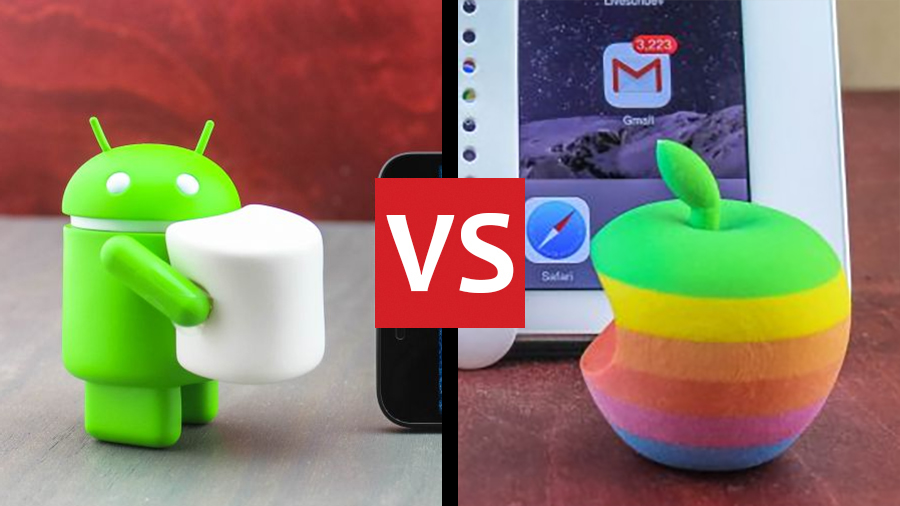
If you're after a new phone, then deciding on Android or iOS is one of the biggest decisions you need to make (unless you opt for a niche option like Windows Phone or BlackBerry). In 2016, however, just how many differences remain between these two platforms?
If you've spent most of your smartphone life on one platform or the other then you might not know much about the other - but we've spent plenty of time with both. Here are the key differences and similarities between Androidand iOS.
History
The first Android phone, the T-Mobile G1 (or the HTC Dream in the US) appeared in October 2008; the first iPhone was launched in June 2007. Since then, these operating systems have changed substantially - remember the iPhone didn't support third-party apps to begin with.
We've now on version 6 of Android (Marshmallow) and version 9 of iOS, with new versions due out by the end of the year (see below). Over the course of the last nine years we've seen these platforms become more alike in terms of the features they offer, the way they handle notifications, and the apps they support.
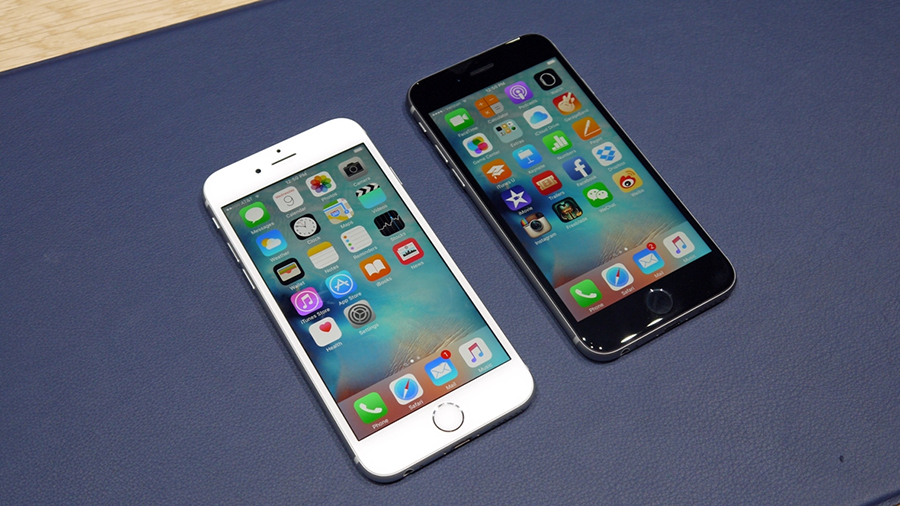
Of course Samsung, LG, HTC, Sony and others all customise Android in their own way, and there's also the issue of fragmentation - only Google's Nexus devices are guaranteed to be running the most recent, unmodified version of the Android operating system.
Far more users are running iOS 9 than Android 6, though Android is on more phones overall. It's something Apple is proud of, though Google would point out its own OS is much more flexible and customisable - if you don't like the text messaging app, you can install another.
Features
Since Google decided to spin its main apps out of Android, the mobile OS itself is essentially just the app launcher and the Settings screen. In contrast, iOS updates still include updates to Mail, Maps, Safari, Notes, News and all the other apps you get with the software.
Get all the latest news, reviews, deals and buying guides on gorgeous tech, home and active products from the T3 experts
As we've noted, Google gives users and app developers more flexibility in terms of editing the way the OS works (default apps, lock screens, widgets and so on) - on iOS, you're pretty much stuck with the way Apple wants to do things (which for many users is just fine).
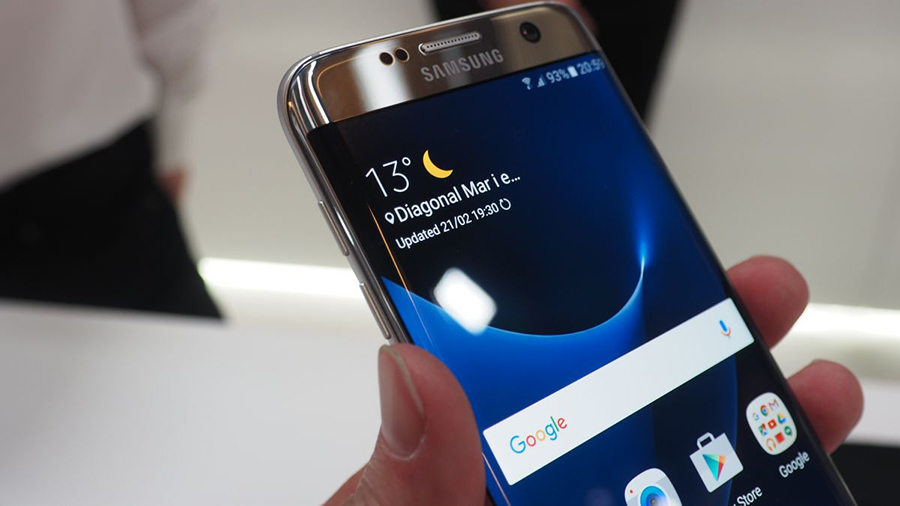
Visually, Android's Material Design offers a more colourful, well-defined visual interface than iOS, which hasn't had a major overhaul since 2013. Apple's OS is all translucent shades and thin lines, Google's is blocky card shapes and bold headings and fonts.
Both OSes handle multitasking in similar ways and iOS has also added a back button of its own in recent times. Both have battery saving features, mobile payments support, digital assistants, and the ability to back up all of your precious data to the cloud automatically.
Ecosystem
Both Google and Apple want to lock you into their respective app ecosystems, but Apple is far more serious about it: you won't find support for iCloud or Apple Mail on Android, whereas all of Google's apps are available (and run very well) on iPhones and iPads.
Google's focus is more on the cloud whereas Apple prefers local devices and native apps. It's pretty much all or nothing with Apple: iPhones and iPads work very well with Macs and the Apple TV, but good luck trying to get your iTunes movies to play on an Android TV box.

If you love Apple's approach, that's no problem - but it's something to bear in mind. As you would expect from the company behind Chrome OS, accessing your Google stuff on the web is much more straightforward, though Apple does now have an iCloud web interface.
If everything you own is made by Apple then iOS becomes much more appealing, whether you're trying to get at your digital music and movies, switch between the same apps on various devices, or seamlessly sync your data between phones, tablets and computers.
Native and third-party apps
As we've already said, Google's apps (Gmail, Google Maps, Google Keep and so on) are now updated independently from Android. These apps are all available on iOS too, though the versions for Google's own OS are usually slightly superior (and often updated first).
Trying to compare all of these apps against Apple's equivalents is no easy job: it's likely you've already got used to one set of apps or the other. Hangouts vs iMessage, Gmail vs Mail, Google Maps vs Apple Maps... the features are similar and there are no clear winners.
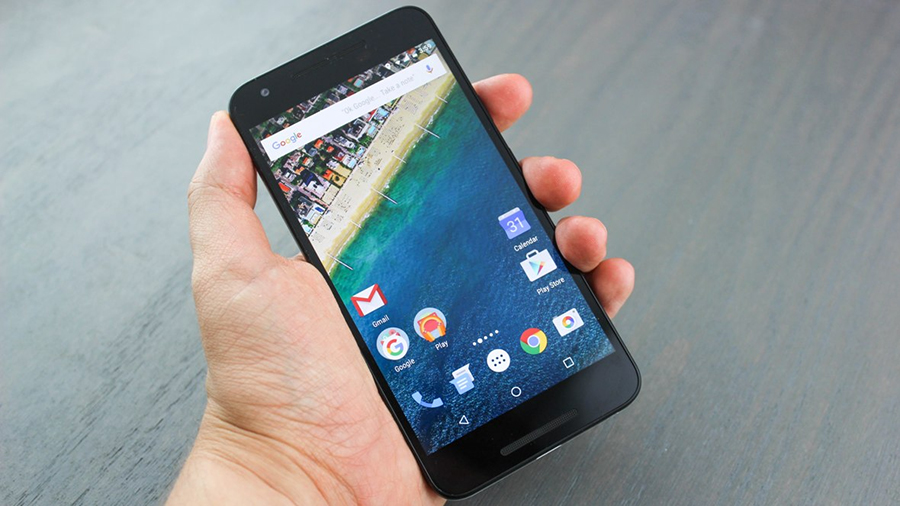
iOS has long been the winner as far as third-party app support is concerned, though the gap has closed down the years: it's now rare to find a major app or game that doesn't eventually come to both Android and iOS, even though it might launch on one or the other first.
New, experimental apps usually appear on iOS before Android: due to the fragmentation issue mentioned above, it's easier for developers to code for iOS users (and they spend more money too). Apple's platform still has the edge as far as up and coming apps go.
Google Now vs Siri
Going forward the biggest innovations in smartphone development are likely to come in the super-intelligent digital assistants: Google Now and Siri. Both give you voice-controlled access to your phone as well as smart prompts for travel and events when you need them.
Traditionally, Google Now has been more about surfacing the right info when you need it, though Apple has recently started to make Siri more proactive too. Google Now is also available on iOS in limited form, but Siri is restricted to iOS and the new Apple TV.
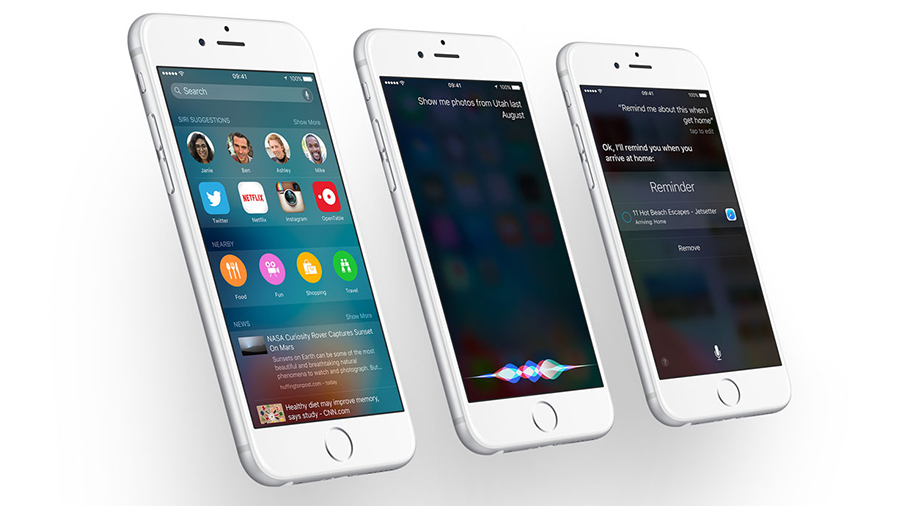
The apps also show the conflicting attitudes towards data privacy by these two companies: Google sweeps up as much data as it can about you across multiple platforms and services, supposedly giving Google Now a better idea of what information you're going to need when.
Siri is more locked down: more private but more limited. Both are very capable at searching the web, finding information on your phone, and accessing supported mobile apps (typically the Apple ones in Siri's case and the Google ones as far as Google Now is concerned).
Android 7.0 Nougat vs iOS 10
In the next couple of months we're going to see new OS releases from both Google and Apple - indeed if you're adventurous then you might have even installed the beta versions of these software packages, which can now be downloaded and tested free of charge.
iOS 10 isn't a huge upgrade, but it does bring with it cleaner notifications (and better lock screen access), smarter automatic tagging in Photos (like Google Photos), visual tweaks to Apple Music and Apple Maps, and more effects and emojis in iMessage (probably with WhatsApp in mind).
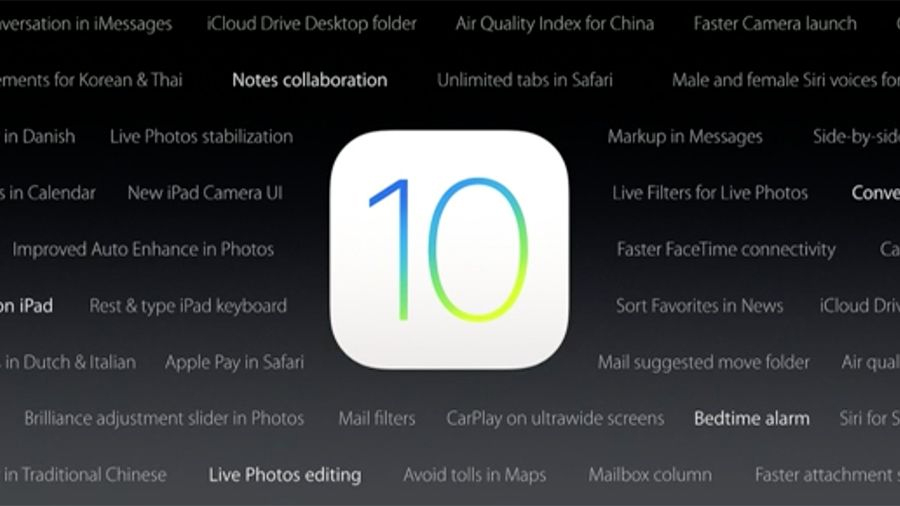
As for Android 7.0 Nougat, we're about to see native support for multiple windows, a dedicated VR mode, notification grouping, and the ability to run apps straight from the web without installing them first. There are several other tweaks too, including better battery performance.
Perhaps the bigger news from Google is the announcement of Allo and Duo, two apps to take on iMessage and FaceTime, though these aren't strictly linked to Android (and iOS versions will be available too). Like Apple, Google is committed to improving its behind-the-scenes AI as well.
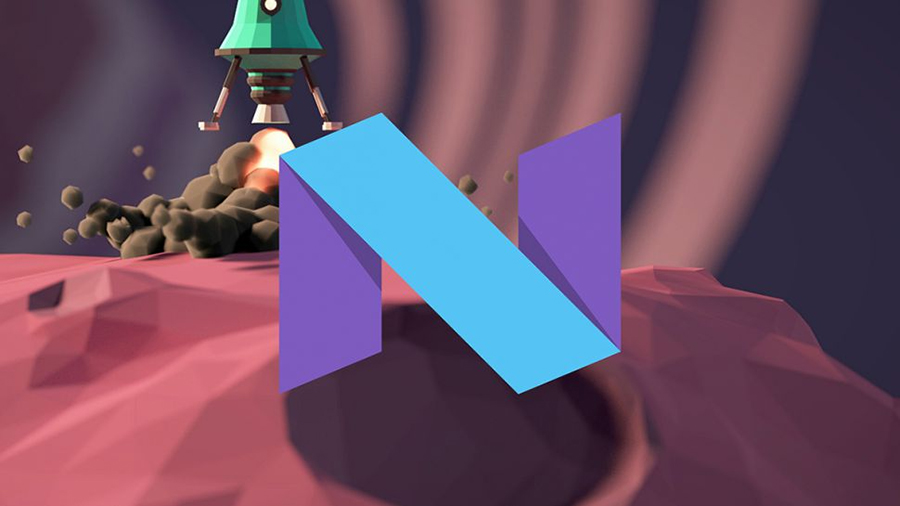
In terms of Android vs iOS put head-to-head, this year's updates don't shift the needle in any major way, though Google looks far more committed to mobile VR at this point. Both tech titans are updating and refining their key apps, and enhancing the capabilities of their digital assistants.
As always the question with Android is just how many devices will get Nougat and how quickly - this is part of the reason why apps like Gmail and Google Maps have been spun out of the core OS, so they can be updated separately.
Conclusion
Both these platforms are slick, stable and secure, with thousands of apps available. Android is undoubtedly more customisable; iOS, you might argue, is a little more polished (especially on tablets). Visually they're quite distinctive too, taking different design approaches.
Customisation, ecosystem, apps, compatibility with other apps and devices - these are the key issues you should be weighing up when pitting Android against iOS. It's also worth considering the differences between Google Now and Siri and which one suits you best.
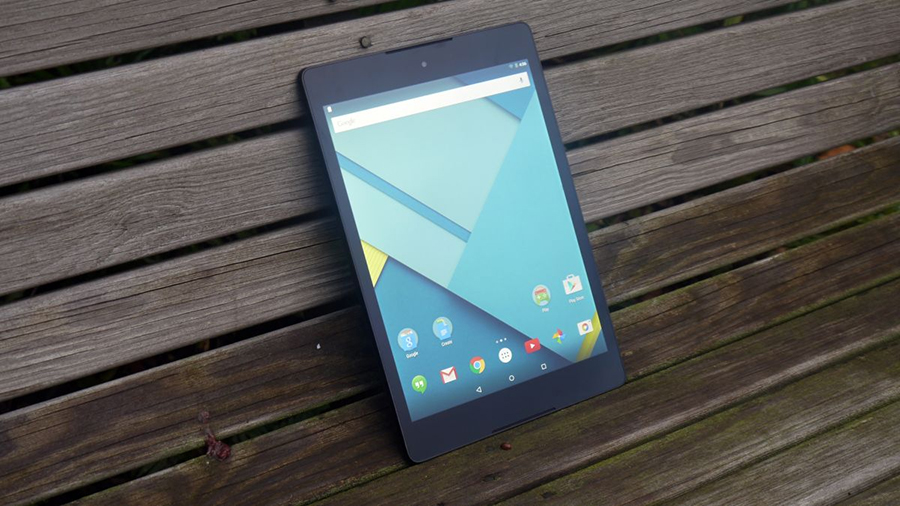
Unfortunately for consumers, it's more difficult than ever to jump from one OS to the other. When picking up a new handset, most people are likely to stick to what they know, and with good reason: moving wholesale from one platform to the other can be a real pain.
There are an overwhelming number of points to consider in the Android vs iOS debate and we've only got room to touch on some of them. If you've got strong opinions one way or the other - and you can back them up - then let us know your thoughts in the comments.
- Read up on the 7 brilliant Android features Apple still needs to add to iOS
Dave has over 20 years' experience in the tech journalism industry, covering hardware and software across mobile, computing, smart home, home entertainment, wearables, gaming and the web – you can find his writing online, in print, and even in the occasional scientific paper, across major tech titles like T3, TechRadar, Gizmodo and Wired. Outside of work, he enjoys long walks in the countryside, skiing down mountains, watching football matches (as long as his team is winning) and keeping up with the latest movies.
